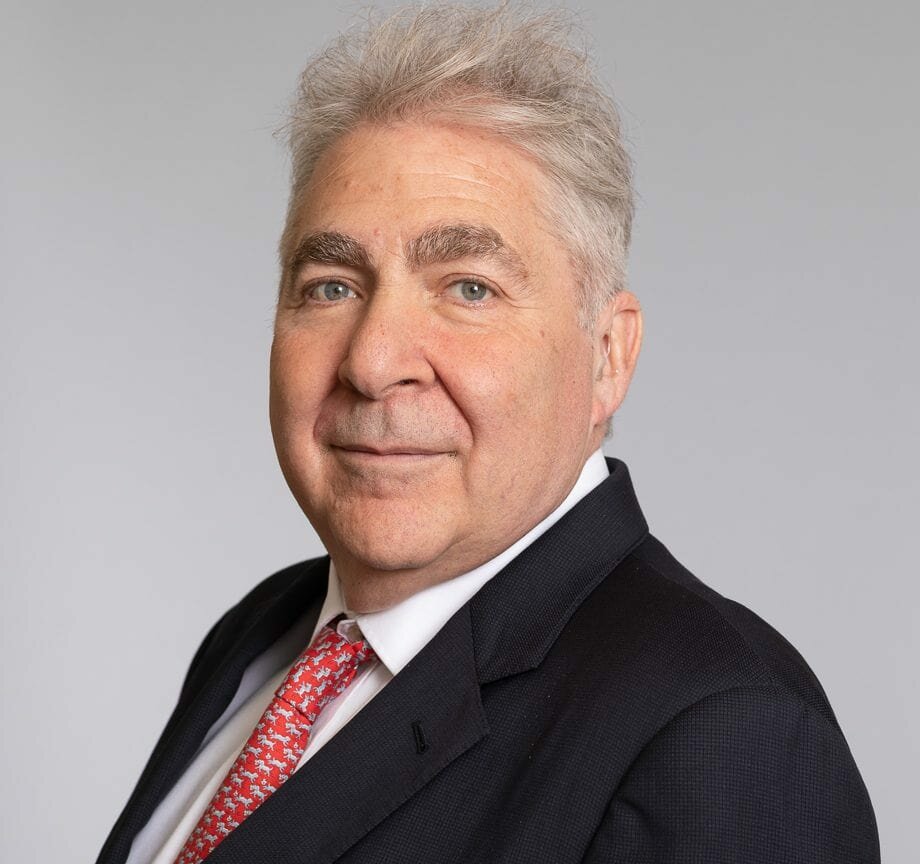

The High Court today ruled that Shrien Dewani, the man accused of arranging his wife’s murder on their honeymoon in 2010, could be extradited to stand trial if South Africa was prepared to provide an appropriate undertaking.
In August 2011 the Senior District Judge in the Magistrates’ Court sent his case to the Secretary of State and she subsequently ordered his extradition. Dewani appealed to the High Court arguing that his fragile mental state meant that it would be unjust to extradite him and that the conditions of detention in South Africa would breach his Human Rights.
In March 2012 the High Court held that, in light of assurances from the South African government, there would be no violation of his Human Rights by reason of prison conditions. The Court did, however, hold that it would be unjust and oppressive to extradite because of Dewani’s medical condition. It held that the Court should have adjourned the case and directed the Senior District Judge to consider the question regarding his mental health afresh.
In June 2013 the Senior District Judge again considered whether it would be unjust or oppressive to extradite him. He concluded that, whilst Dewani remained unwell, it was “far from certain that he [would] recover more quickly if he remains here, and there [was] some evidence that delaying extradition might make the clinical toll worse”. He decided that it was neither unjust nor oppressive to extradite Dewani.
Dewani’s legal team applied to a) certify points of law of general public importance for the purpose of an application for leave to appeal to the Supreme Court, b) to reopen the High Court proceedings and c) for judicial review of the decision.
The High Court held that it was in the interests of justice to re-open the appeal and went on to consider two further questions:
- Is a person who is currently unfit to plead an ‘accused’ for the purposes of the Extradition Act if he is being extradited in circumstances where he may remain unfit to plead?
- Is it unjust or oppressive to extradite a person who is agreed at the time of the determination to be unfit, whatever the prognosis? In answering that question, are the procedures in the requesting state in relation to fitness to plead relevant?
On the first point it was argued that if a person remained unfit to stand trial he would be subject to a separate procedure, which would not be a prosecution and would be liable to indefinite preventative detention. On this basis, it was argued, that the extradition would not be for a proper purpose of a ‘prosecution’. Extradition can only be sought for either the prosecution of an accused person or to enforce a sentence on a convicted fugitive.
The Court distinguished the case where someone would be inevitably unfit on a long-term basis from the situation where the prognosis is uncertain. The Court held that there was no doubt in this case that South Africa intended to prosecute Dewani if possible and found that there were measures in place to ensure fairness to a defendant who is alleged to be unfit. The Court was sure that the extradition was sought for the purpose of prosecution.
On the second question the Court considered that it might be unjust to extradite where there was a prospect that the person might remain permanently unfit without considering whether an undertaking should be required from the requesting state.
The Court held that it would be unjust and oppressive to return Dewani unless South Africa were prepared to give an undertaking that he would be free to return to the UK if he remains unfit and there is no prospect of his being tried within a reasonable period of time. It is understood that South Africa are prepared to give such an undertaking.
What next for Dewani?
He may apply for leave to appeal to the Supreme Court but leave will only be granted on a certified point of law of general public importance. If that application failed he could potentially make an application to the European Court of Human Rights to try to prevent his extradition.
Dewani’s case is not over yet but today’s decision puts him one step closer to being returned to South Africa to stand trial.
31 January 2014




